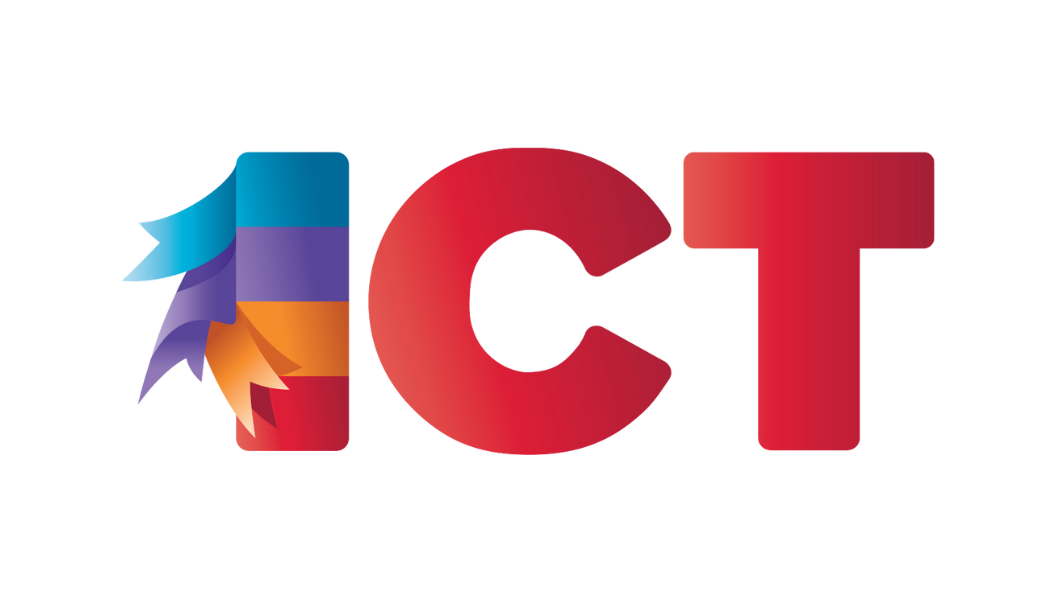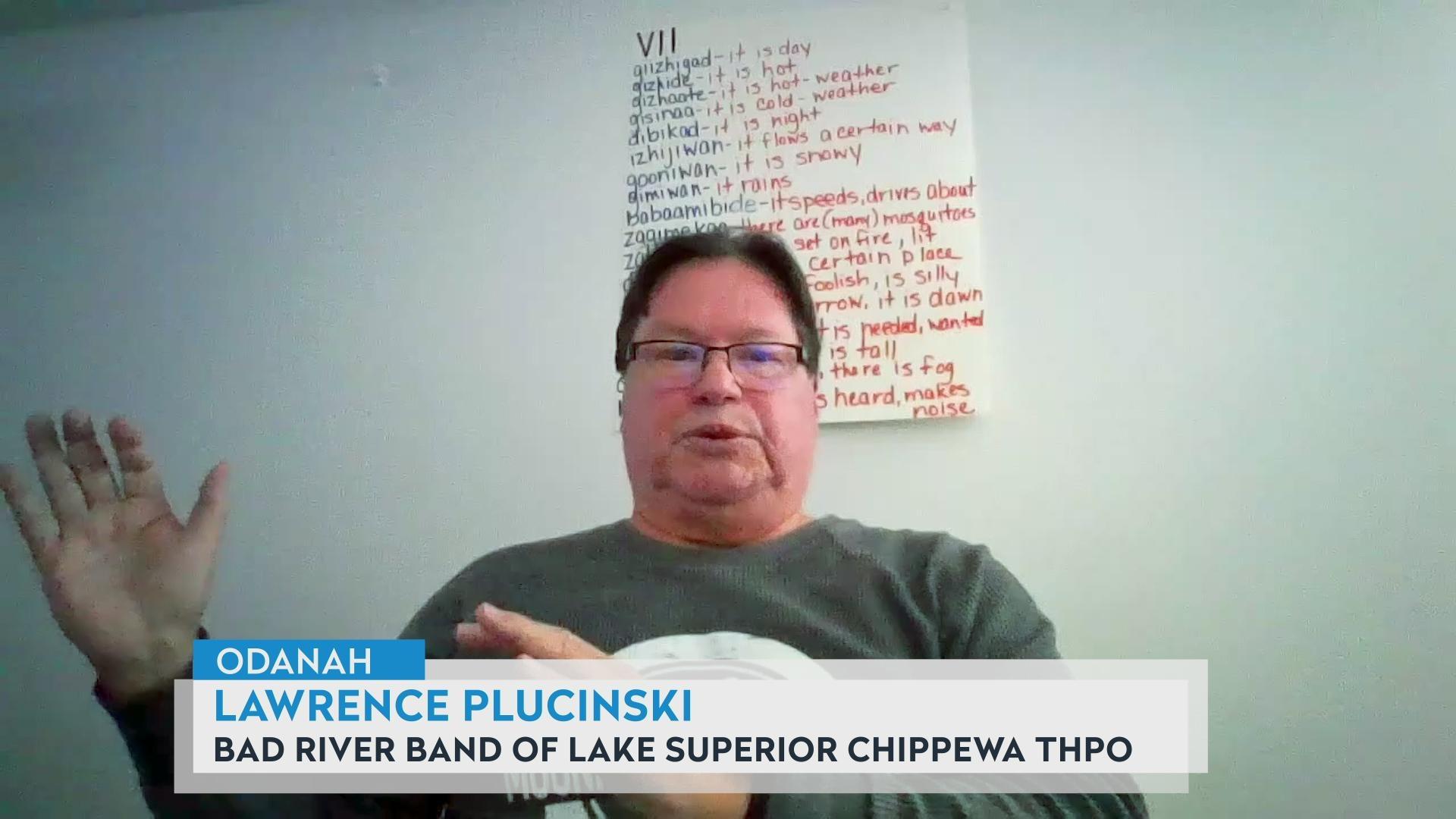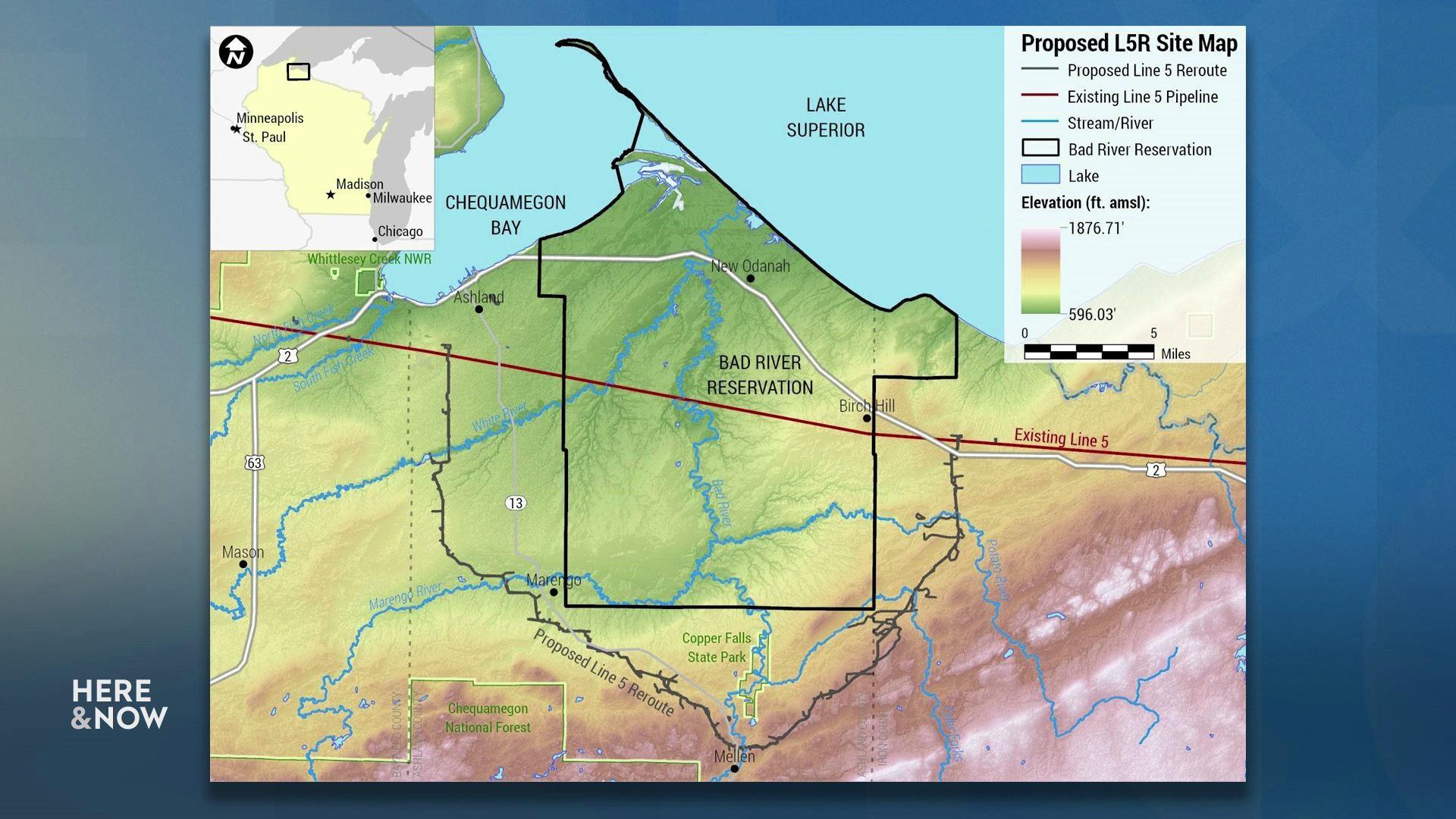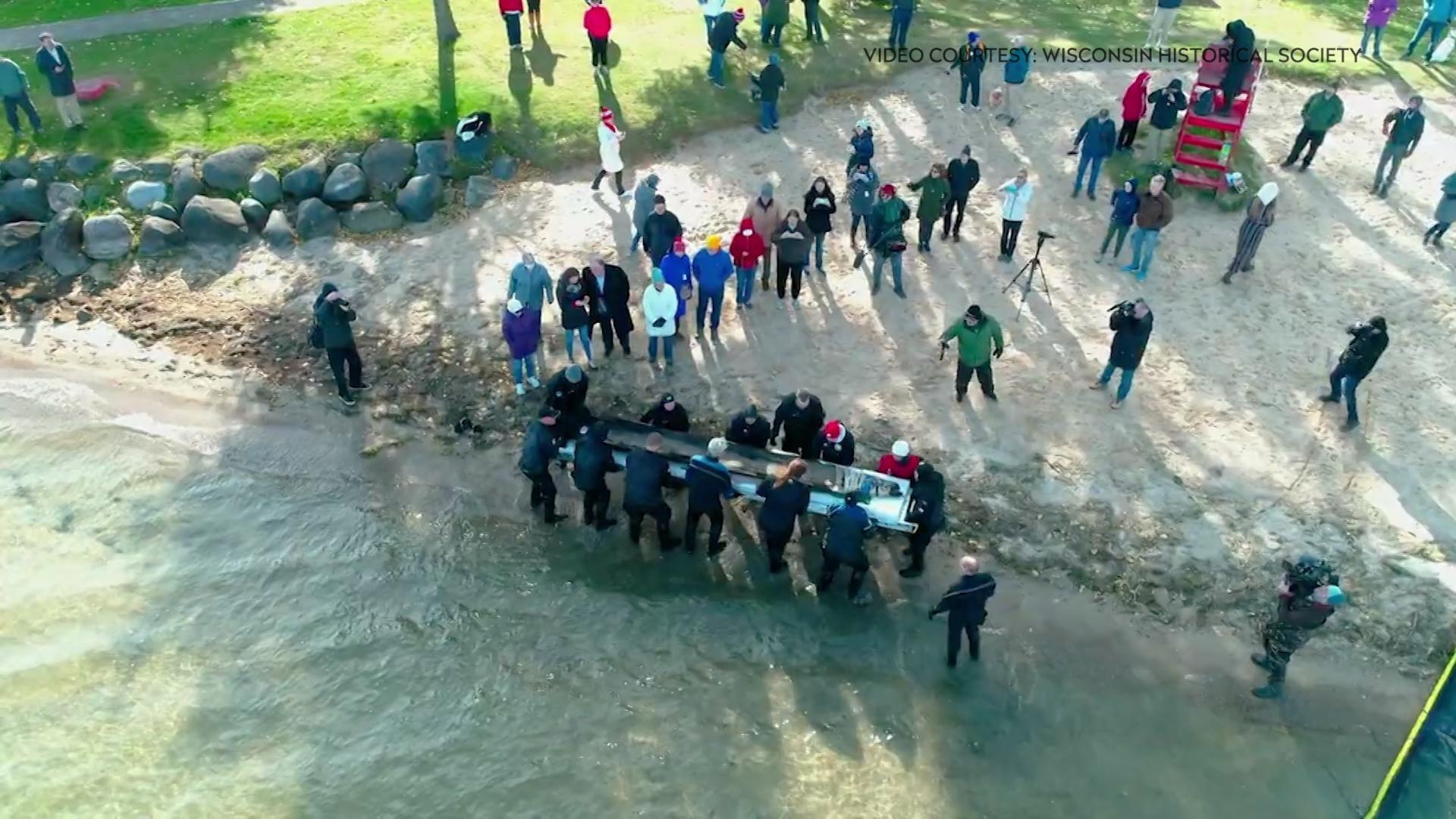WOJB tribal radio looks to build support following defunding
WOJB Woodland Community Radio in Hayward faces financial challenges after defunding of public media as tribal radio stations around the nation seek to continue broadcasting to Indigenous communities.
By Erica Ayisi | Here & Now, ICT News
September 25, 2025
WOJB in Hayward faces financial challenges after defunding of public media.

This report is in collaboration with our partners at ICT, formerly Indian Country Today.
“Forty percent-plus — between 40% and 45% of our funding — that’s a bunch of money is going away,” said Jeffrey Jones, host of “The Afternoon Show” on WOJB, a community radio station operated by the Lac Courte Oreilles Band of Lake Superior Ojibwe.
Jones wants listeners to know how much federal funding WOJB lost due to the vote to defund the Corporation for Public Broadcasting — or CPB.
“Now more than ever, we need our listeners,” he said.
Jones is hosting a pledge drive – asking listeners to hear his heed for donations.
“We have an extra week of coming to you, our listeners, to ask for your support,” he added.
Karl Habeck, general manager of WOJB Woodland Community Radio, said the station needs generous support to keep Wisconsin’s only tribal radio station on the airwaves.
“We’re going to have to look for approximately $230,000 to maintain what we have going,” he said.
WOJB received funding distributed by CPB, which was defunded in July as part of President Donald Trump’s Recessions Act of 2025.
The administration took back $1.1 billion in pre-allocated CPB funds — threatening the operations of 57 tribal stations across the country — like 88.9 FM in Hayward.
“It kind of breaks my heart to see it, but that’s what’s going on in this world today, where we get the repercussions of that,” Habeck said.
He explained how WOJB self-generates funds through listener-member donations, underwriting and leasing its radio towers.
“We actually made over $250,000 last year on our own,” Habeck said.
But he noted the rural radio station needs more.
“We’re not going to be able to make it with listener donors and underwriting together — it’s still not enough,” Habeck said.
WOJB serves the Lac Courte Oreilles reservation and the surrounding region. Habeck said they went on the air in 1982 out of activism amongst the Lac Courte Oreilles Ojibwe tribal members.
“The creators of the station were concerned about not having a voice,” he explained.
In the late ’80s, Habeck said, WOJB educated listeners about tribal sovereignty and ceded territory during the “Walleye War” spearfishing controversy.
“A lot of people misunderstood or didn’t care to understand the treaty — the hunting and fishing rights of the Ojibwe people in northern Wisconsin,” he explained.
Today, Habeck said listeners tune in from the North Woods and beyond, operating at 100,000 watts — reaching nearly 100 miles in every direction.
“We just barely get up to Superior, but if you get up on the hill in Duluth, we reach that far. We’ll reach down maybe as far as Amery, as far east as, easily, Park Falls,” shared Habeck.
He is hopeful that conversations with Native Public Media — a Native American based public broadcasting organization — will help generate funds.
“I think they could come up with something significant,” Habeck said.
He is also waiting for U.S. Sen. Mike Rounds, a Republican from South Dakota, to make good on his promise with the Trump administration to take $9.4 million of unused climate change money and reallocate it to certain tribal stations.
“I think it included the most needy tribes. I know we made the list,” Habeck said.
A list hasn’t been made public, but Habeck said the staff and volunteers at WOJB are up to the challenge and opportunity to keep their community programming on the airwaves.
“We’re going to have to do something above and beyond,” Habeck said, “to generate the funds that we need that are unconventional to what we’re used to doing.”
This report is in collaboration with our partners at ICT.
Editor’s note: PBS Wisconsin funding from the Corporation for Public Broadcasting was cut in the Recissions Act of 2025.
 Passport
Passport











Follow Us